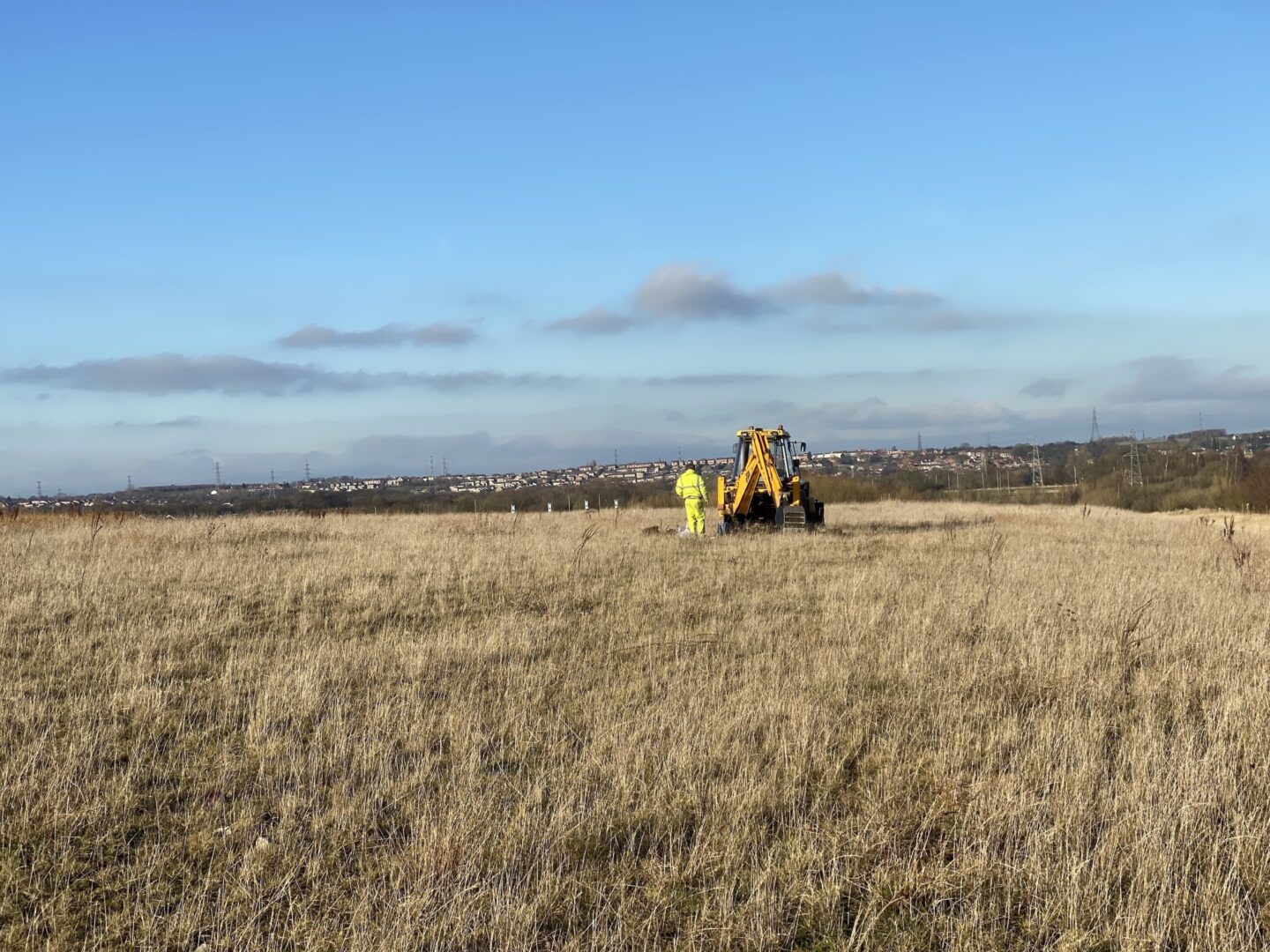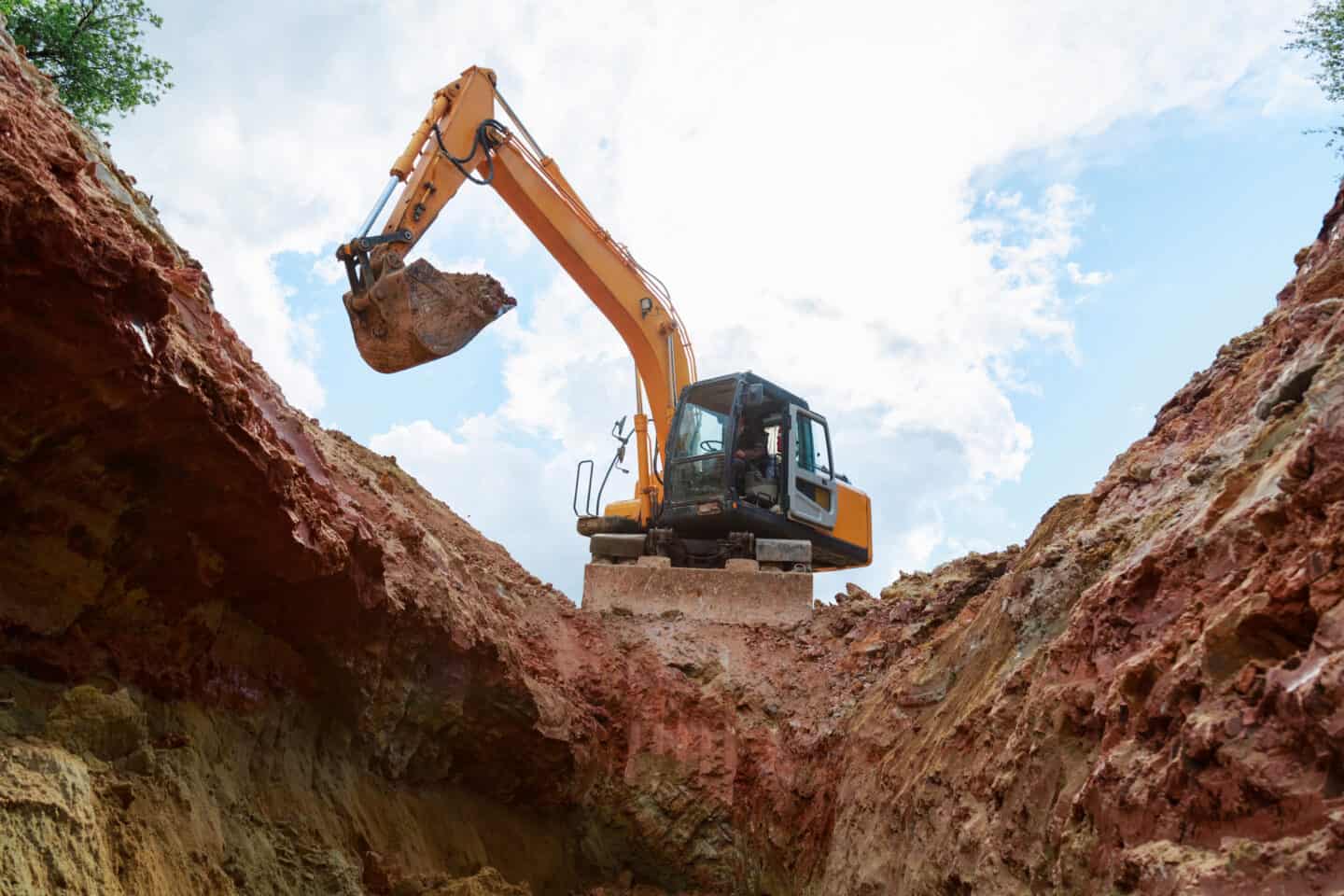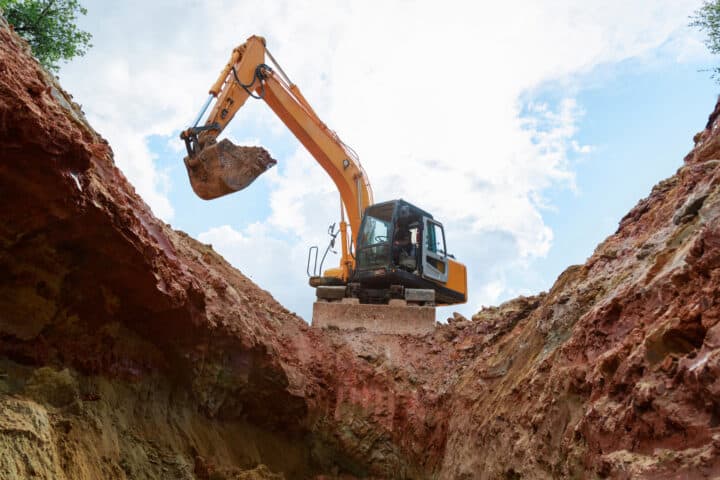With Our Phase 2 Ground Investigation We Reduce Unknowns And Provide The Information You Really Need.
The objective of a Ground Investigation is to confirm the actual ground conditions present & reduce the overall risk of developing. It's that simple! Most of the potential risks when developing a site are associated with the ground conditions - it's where there's the biggest chance for variability. If not identified & understood from early on in a project they can be very costly down the line, especially if it leads to a contractor being stood on site or having to change design part way through construction works.
At Abbeydale Geoscience we often look at multiple different aspects within the scope of a Phase 2 Ground Investigation, all tailored to the geological conditions beneath a site so that you understand the ground you have to work with as early as possible in the development process.
Here are just a few of the most common things we look at...
Geotechnical
The ground conditions are fundamental when deciding how best to build on a site; foundations, floor slabs, highway design & drainage just a few topics.
Geo-environmental
Knowing the potential risks to future receptors from potential contamination is key: are the existing soils suitable or are there any risks from ground gases?
Mining Risks
Many areas of the UK are at risk of potential historical mining features that need to be understood & remediated to make them safe before developing a site.
We regularly use a variety of different investigation techniques. This depends on what ground conditions we’re anticipating and what level of information is needed about the geological conditions beneath a site.
Trial Pitting
For a good look at the shallow ground conditions & to assess how easy (or hard!) the ground is to dig for development works.
Window Sampling
To examine the shallow soils, carry out in-situ strength or where access is difficult, window sample holes are the ideal choice. Probably the most commonly used ground investigation technique
Boreholes
Where required deeper boreholes can be drilled or percussion bored into the ground; especially useful where bedrock is deeper.
Designed with ❤️ for you
Normally a Phase 2 Ground Investigation will involve carrying out a series of exploratory holes to confirm the ground conditions & allow us to take samples of the soil and weathered rock.
Samples are then normally sent off for laboratory testing to assess the levels of contaminants within the strata.
This provides information on the geotechnical properties of the strata.
What we need to do depends on what we find & what you're proposing to do.
As independent consultants we take the time & care to specify a Ground Investigation that is aimed to get you the right amount of geotechnical & environmental information that you need to inform the risk assessment process.


